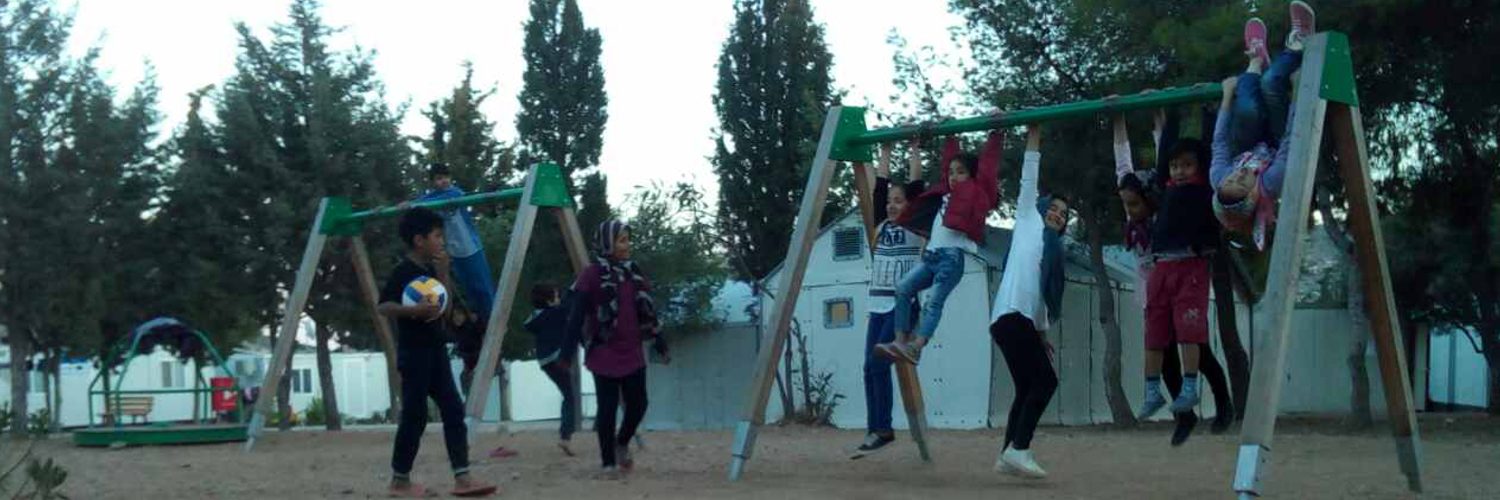Every child has the right to play and the right to happiness.
Although all children everywhere in the world have these rights, there are unfortunately quite a few people who neither observe, appreciate nor respect them. Many families find it difficult to value those rights properly because they have other problems to contend with.
In theory, every child has these rights and every family ought to respect them in order to avoid later adverse psychological consequences. It’s not that difficult; for example, a family could arrange an outing to the park or a playground. This is a pleasurable pastime and would really make a child happy.
The majority of seven-year-olds really enjoy walking with their parents to a park, playground or restaurant. Families are also responsible for protecting their children from harm and danger. Although many children play outside the home and tend to enjoy their neighbourhood, some families are not at ease with the idea because they fear their child might be insulted, (sexually) exploited, become lost or have to deal with other problems.
Children’s pastimes depend on their gender, since girls play mostly with dolls and skipping ropes, or visit one another, while boys play football, cars and plastic weapons.
There are also mind games, which assist the development of the brain and help a child’s memory.
The truth is that many young people are unable to fulfill their dreams. For example, many girls would like to play volleyball and football, but can’t because there are men who forbid it. This is very hard for them because it means they are not allowed do something that might have given them much pleasure and at which they might have excelled.
Just about everyone in the world knows that children’s rights should not be restricted, but they don’t actually do anything about it, which means that the children in question may well have problems later on in life.
Photos by Migratory Birds Team











Add comment